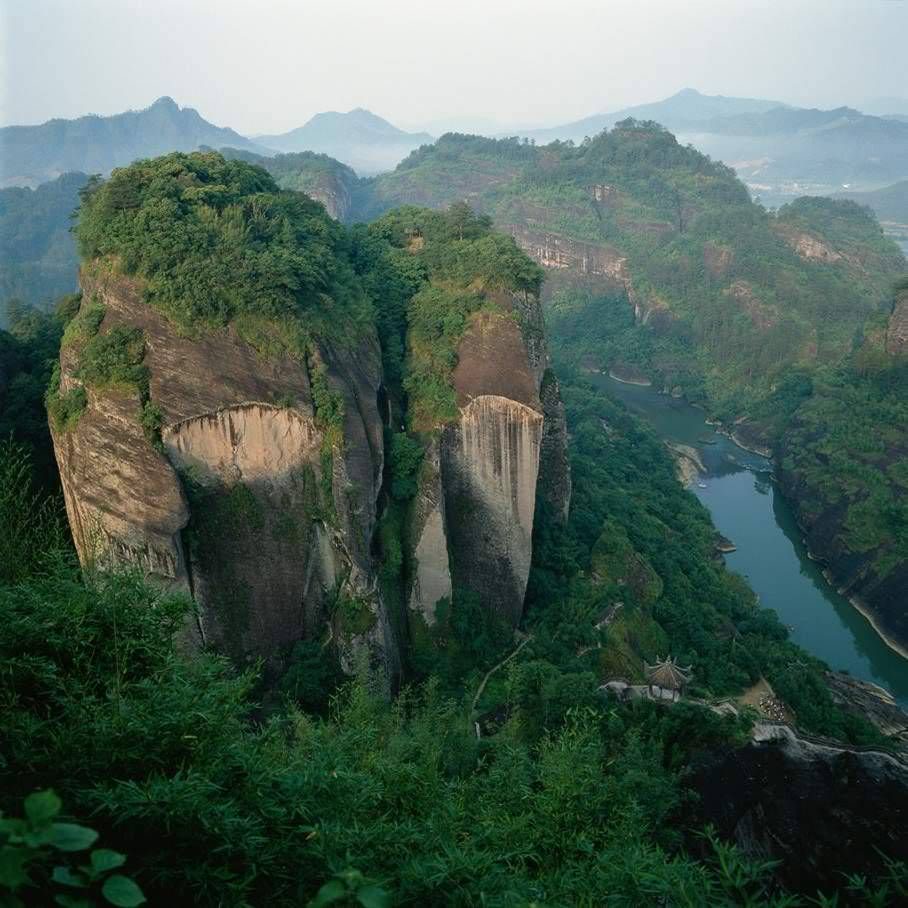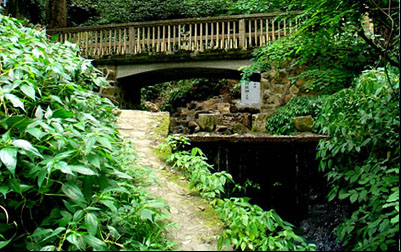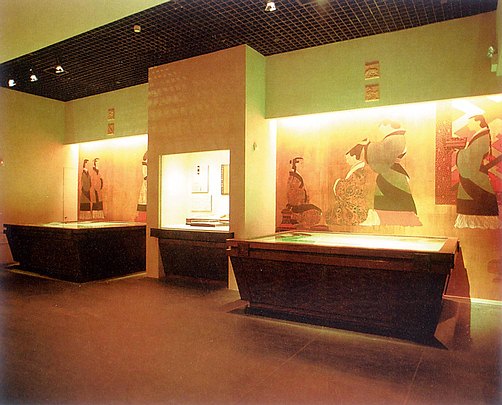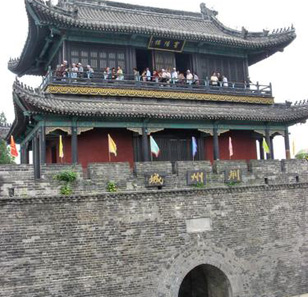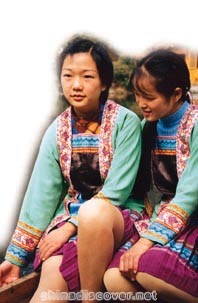Hunan Tourism
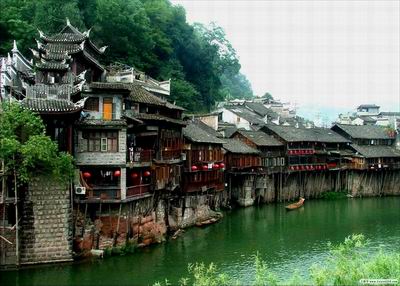
-
Province:Hunan (Chinese: 湖南, Pinyin:Húnán)
-
Population :66,980,000
-
Area :211,800 square km (81,800 sq mile)
-
Overview:Hunan province is located in the south central part of Yangtze River. The national park of Zhangjiajie and old town of Fenghuang are the most visited attractions.
Overview
Hunan is a province of China, located to the south of the middle reaches of the Yangtze River and south of Lake Dongting (hence the name Hunan, meaning "south of the lake"). Hunan is sometimes called Xiāng for short, after the Xiang River which runs through the province.
Hunan borders Hubei in the north, Jiangxi to the east, Guangdong to the south, Guangxi to the southwest, Guizhou to the west, and Chongqing to the northwest. The capital is Changsha.
Know More
Hunan boasts a long history and is one of the places where Chinese agricultural cultivation originated. According to archeological excavations and written records, there were human beings living here permanently over 8000 years ago, surviving mainly on primitive agriculture and domestic animal-rearing. Hunan entered the written history of China around 350 BC, when under the emperors of the Zhou dynasty it became part of the Chu Empire (Chu State). Until then Hunan was a land of primeval forests, occupied by the Miao, Tujia, Tung (Dong) and Yao peoples, but from this time onwards it was a magnet for the migrating Han Chinese from the north, who cleared most of the forests and began farming rice in the valleys and plains.
To this day, many of the small villages in Hunan are named after the Han families who originally settled here. In ancient times, Hunan belonged to the Kingdom of Chu. In 211 B.C., after having unified China, Emperor Qinshihuang set up "Changsha Shire" here. In the Tang Dynasty, an administrative organization named "Hunan Observation Office" was set up. In the Song Dynasty, the Hunan Route was established. In the Yuan and Ming Dynasties, "Huguang Xingsheng (administrative province)" was set up. In the Qing Dynasty, "Hunan Province" came into being. Since the founding of the Republic of China and the subsequent People's Republic of China, Hunan Province has continued to exist as an administrative region.
As the Xiang River, the longest river within its boundaries, runs through it from south to north, the Province is called "Xiang" for short; and thus we have "Xiang Cuisine", "Xiang Embroidery", "Xiang Opera", and "Xiang Army".The culture of Hunan is also called Huxiang culture. From the Shang Dynasty or Yin Dynasty (1600 BC-1100 BC), the second historic Chinese dynasty, to the Northern Song Dynasty (960-1127), the representative culture of Hunan was the Chu culture from the north, the Miaoman culture (the barbaric culture of the Miao nationality) and the Yue culture from the south and west. This is what Huxiang culture contains in a broad sense. However, since the Southern Song Dynasty (1127-1279), the Huxiang School enjoyed the prosperity of Chu culture and the term Huxiang culture is now used in its narrowest sense.In recent years, Changsha has become an important creative center for TV and entertainment arts, with its many TV stations producing some of the most popular programs in China, including Super Girl, a Chinese female version of the UK Pop Idol or American Idol that is the most watched program ever to air on Chinese TV. These programs have also brought a new entertainment industry, including singing bars, dance clubs, theater shows, as well as related businesses like hair salons and fashion stores. Now it is not rare that some people will fly into Changsha to spend their weekends from as far as the northeastern City of Harbin.
The Dragon Boat Festival
The fifth day of the fifth lunar month is the Duanwu Festival, or the Dragon Boat Festival, which is celebrated everywhere in China. It is \ especially popular in Hunan province, since the dragon boat races originated in the Hunan City of Yueyang. The festival dates back about 2,000 years, with a number of legends explaining its origin. The best-known story tells a great patriotic poet named Qu Yuan.
The people of Hunan, especially those who live by rivers, pay close attention to the Dragon Boat Festival. On that day, most families insert folium artemisiae argyi, and bundles of calamus, in their front doors, also eating salted eggs and zongzi (dumpling made of glutinous rice wrapped in bamboo or reed leaves). The most important thing, however, is to watch the dragon boat competitions. The Dragon Boat Festival originated in Yueyang city, Hunan. It was established in honor of Qu Yuan, a great patriotic poet in the Warring States period, who left many, famous, emotive psalm .
Must see
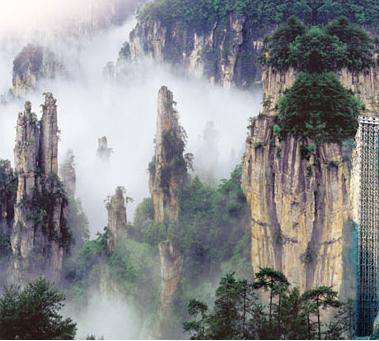
Zhangjiajie is located in northwestern Hunan Province. To get there, you might take train or bus for 5 hours ride from Changsha, the capital of this province. ...more
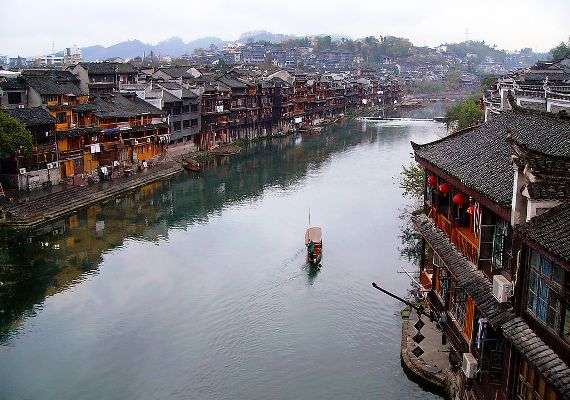
Fenghuang is located at the southwestern part of Hunan. In the history, it was the remote frontier and border between ethnics of Ethic and Han...more
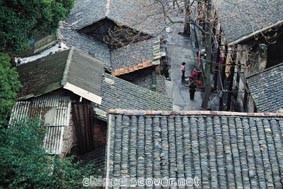
Changsha has rich cultural connotations, with its abundant rivers, green mountains, and numerous beauty spots, it is one of the most beautiful cities in southern China...more

